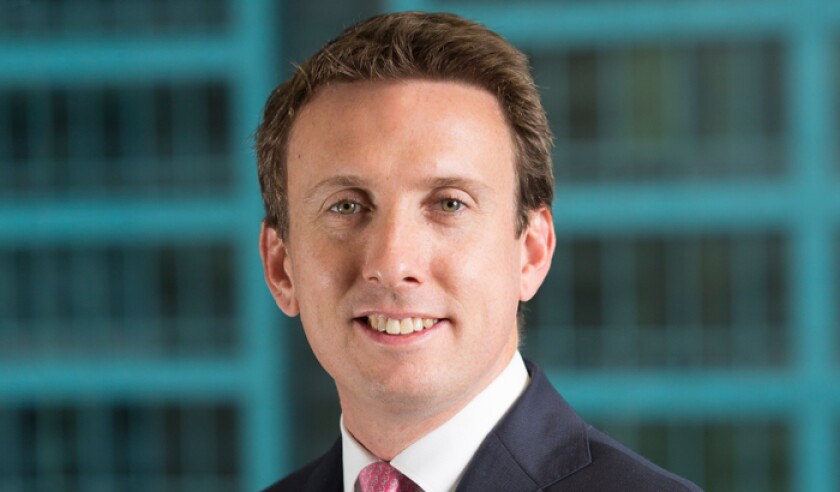The executive said that the business had been attempting to develop parametric products for five or six years, but had only seen a spike in interest since the pandemic.
The parametric products are not pandemic related, but Colahan said there was “hunger from customers to have clarity of cover”, even if it meant higher premiums.
“That is really all about developing something that allows customers to get paid as quick as possible,” he said, noting that smaller businesses could be irreparably damaged by cash constraints if it took months or years to settle claims.
“We have just paid our first Ida claim off a parametric policy,” he added. “Ida is still going and we are paying out a full limit policy, which shows parametric can work.”
The executive was speaking on a panel discussion centring on the resilience of the London market as part of Insurance Insider’s (Re)Connect conference.
In the same discussion, Markel International CUO Nick Line said that historical data is increasingly irrelevant when pricing for future risks amid rapid changes to the world economy and geopolitics.
The underwriter said that climate change, transition risks, heightened migration and civil commotion were all leading to increased uncertainty that could not be modelled from past experience.
“All of our historical data, we just have to start throwing it away on everything because everything is changing so quickly,” he said.
Colahan said that heightened uncertainty made it more challenging to price accurately, and that areas of business with established historical data were able to price with a tighter margin.
“We spend a lot of our time looking at more esoteric risks, but when there is a high amount of uncertainty somebody needs to pay for that,” Colohan said.
“Typically, it ends up being insurers taking risks that they don’t understand and therefore having claims that are more expensive than they contemplated.”
One major threat the panel highlighted which is growing in prominence was terrorism, which Pool Re CEO Julian Enoizi said was going to “come back with a vengeance” in the future.
“Our reaction as an industry is to exclude those issues,” he said. “We have got to stop having that knee-jerk reaction and try to find solutions.”
The (Re)Connect conference, in partnership with Lloyd’s, runs from today until Thursday.


